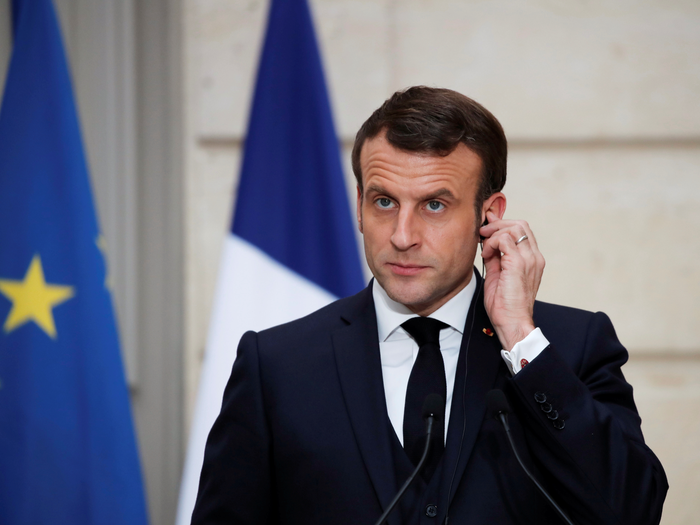French President Emmanuel Macron and his wife Brigitte have filed a defamation lawsuit in the United States against conservative influencer Candace Owens, over her repeated claims that France’s First Lady was born male. The suit, lodged in Delaware on Wednesday, accuses Owens of spreading “outlandish, defamatory, and far-fetched fictions” about Brigitte Macron to millions of followers across her podcast and social media platforms.
At the center of the controversy is a longstanding conspiracy theory alleging that Brigitte Macron was born male under the name Jean-Michel Trogneux her brother’s name. This claim, dismissed widely as baseless and defamatory, gained renewed attention after Owens, who has nearly seven million followers on X (formerly Twitter), began promoting it on her podcast and in a video series titled Becoming Brigitte.
In March 2024, Owens doubled down, stating she would stake her “entire professional reputation” on the claim that Mrs. Macron “is in fact a man.”
According to the lawsuit, the Macrons repeatedly asked Owens to retract her statements. After her refusal, they felt compelled to pursue legal action. “Ms Owens’ campaign of defamation was plainly designed to harass and cause pain to us and our families,” read a statement released through their legal team. “We gave her every opportunity to back away from these claims, but she refused.”
The lawsuit also accuses Owens of advancing other falsehoods, including the unfounded allegations that the Macrons are blood relatives and that Emmanuel Macron’s presidency was orchestrated by the CIA.
To prevail under U.S. defamation law, the Macrons must prove that Owens acted with “actual malice”—that she knowingly spread false claims or did so with reckless disregard for the truth.
Owens, who previously worked with conservative groups like Turning Point USA and The Daily Wire, launched her independent podcast in early 2024. Her career has frequently been marked by controversy, including conspiracy theories around COVID-19, the Holocaust, and even the moon landings.
This lawsuit adds to a complex legal and cultural clash between free speech protections in the U.S. and the reputational protections emphasized in French law.

